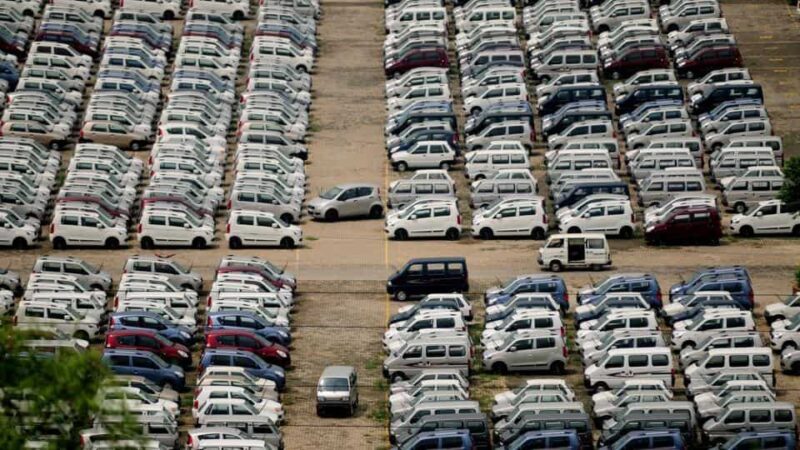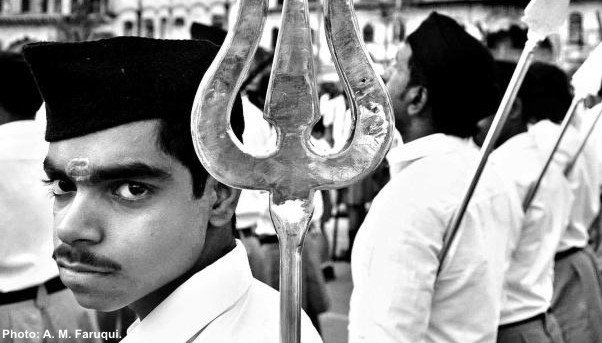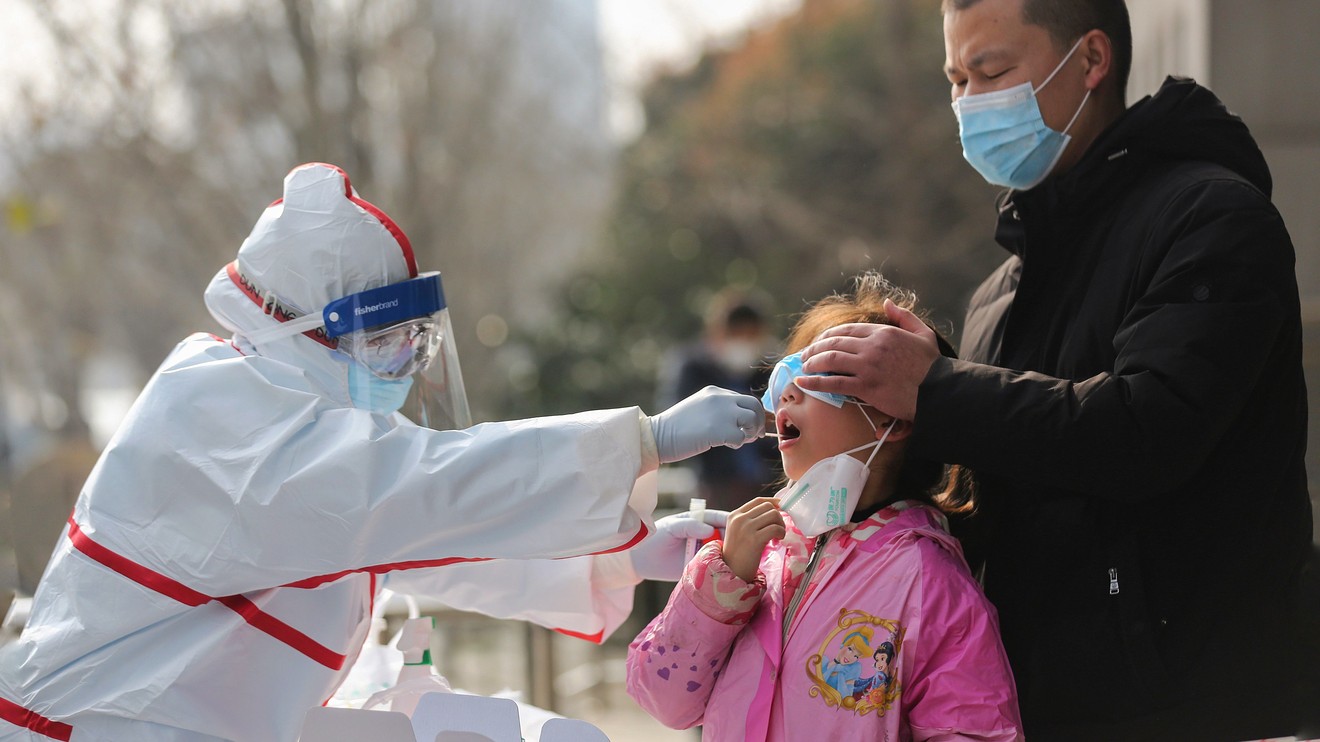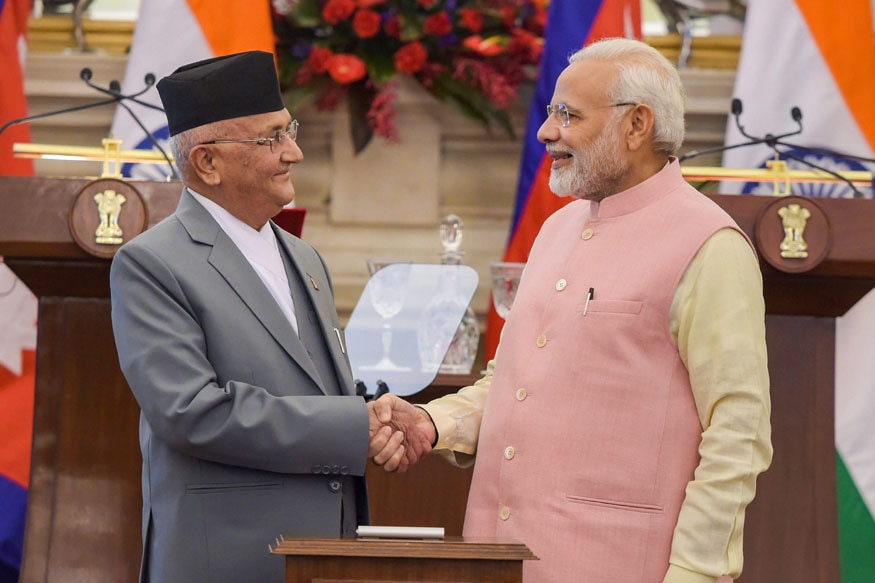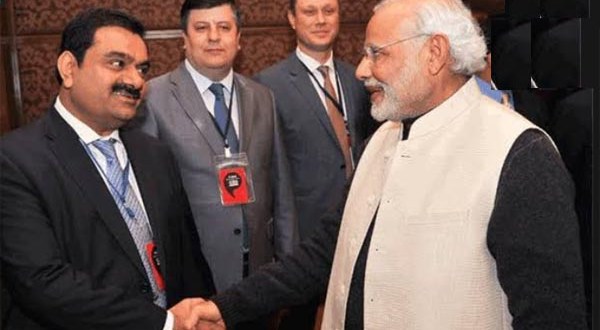Over 1.3 million automobiles were voluntarily recalled by their makers in India during FY2022, according to data from the apex industry body Society of Indian Automobile Manufacturers.
Two-wheelers (at 890,873 units) made up 67 per cent of all recalled vehicles in India in FY2022, with PVs (at 440,995 units) making up the remaining 33 per cent. There was a total of six recalls, three from Honda Motorcycle (HMSI) , one from Scooter India, one from Royal Enfield, and one from Suzuki Motorcycle India.
The largest recall order was placed by HMSI on May 29, 2021 for 6,15,566 units to inspect and replace the reflex reflector on the Activa 5G/6G/125, CB Shine, CB 300R, H’ness CB350, XBlade, and the Hornet.
On May 19, 2021, Royal Enfield recalled 229,657 Classic 350 EFI and Meteor 350 motorcycles. A minor manufacturing mix-up on the part of our suppliers between the months of December 2020 and April 2021 was mentioned as the cause of the issue in the motorcycles’ ignition coils.
July 2022: R 1200 GS and R 1250 GS motorcycles manufactured by BMW Motorrad between 2013 and 2021 are being recalled so that a ventilation valve can be installed in the Cardan shaft. Totaling 440,000 units, the recall spans production years 2013 through 2021. This includes many in India.
Out of a total of 4.97 million recalled two-wheelers and passenger vehicles in India, 1.3 million were taken off the road in the last fiscal year.
Indian automaker giant Maruti Suzuki due to problems with the airbag controllers, has issued a recall affecting 17,362 vehicles.
This recall affects the Alto K10, S-Presso, Grand Vitara, Eeco, Brezza, and Baleno cars produced between December 8, 2022, and January 12, 2023, as stated in an official filing with the stock exchanges.
In its recent filing, Maruti Suzuki said, “It is suspected that there is a probable fault in the affected part, which, in a rare situation might result in non-deployment of the airbags and seat belt pretensioners, in the event of a vehicle catastrophe.” Customers were also warned not to use the vehicles until the faulty component was repaired or replaced. In this process the owners of the affected vehicles will be contacted by authorised Maruti Suzuki service centers.
Due to a possible software issue in the airbag control module, the whole production run of Kia Carens marketed in India was recalled. Kia plans to use the recall to check for software problems that could be resolved by a free software update and implement those fixes. All Kia owners have been notified of the recall, and they will be able to schedule a service appointment at their convenience.
The government can also request a recall from the automaker if it receives reports of problems with the vehicle from a predetermined number of vehicle owners or from any other source, such as inspection or safety groups. The government can order the recall of any car manufactured, regardless of model or trim level. Although voluntary recalls, such as the current one involving Maruti Suzuki, do not fall under the government’s purview to impose fines or force an automaker to replace affected vehicles on their whole, the government does have the right to do so in certain circumstances.
Whenever a car company learns of a potential flaw, it will often notify its impacted customers. As required by law, this must be communicated in writing, either through the company’s website or by mail, email, or some other means. The company must send a reminder message to the client, after which it is no longer responsible for carrying out the process if the client has not responded. Initiating a recall can take up to three years, but once that time period has passed, the recall process can be finalised and put to rest.
Once recalled, these are brought in for an examination, and repaired at no cost to the consumer. When a vehicle is brought in for maintenance or repairs, automakers are known to do it retrospectively over the vehicle’s lifetime.

